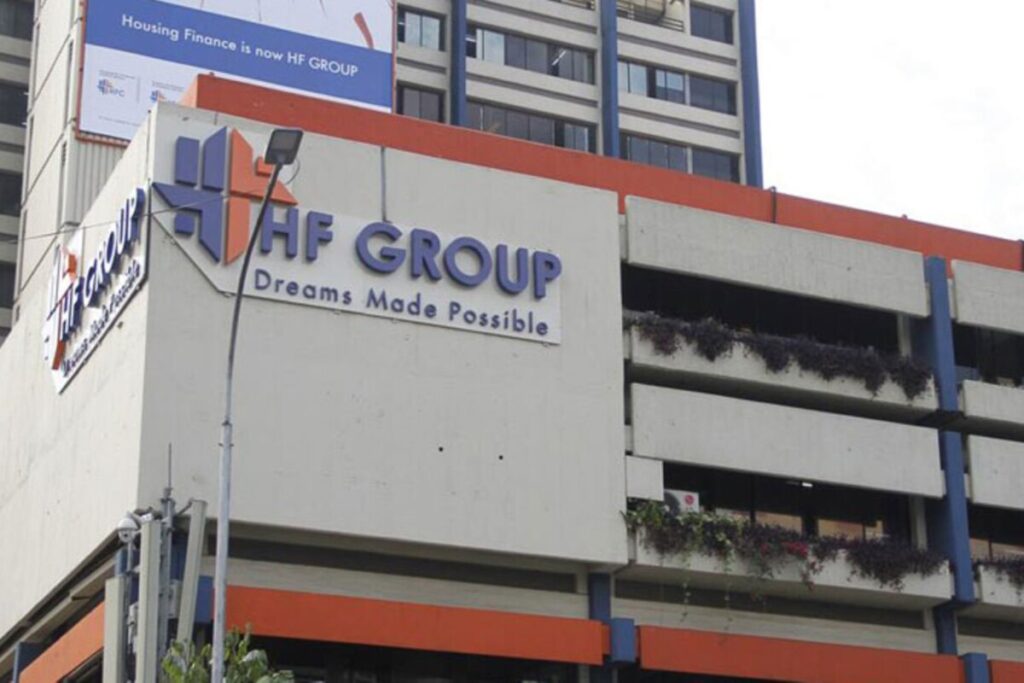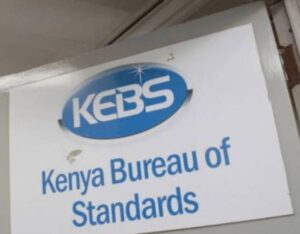
Photo | courtesy.
HF Group, a local financial solutions provider, has posted an impressive 112 percent year-on-year growth in Q1 2025 Profit Before Tax (PBT) reaching Sh337 million, up from Sh159 million in Q1 2024.
The Group’s total income rose by 33 percent to Sh1.41 billion, up from Sh1.06 billion in the same period last year. This growth was driven by a robust 46 percent increase in net interest income and a notable contribution from non-funded income, which accounted for 30 percent of total revenues.
Key drivers included increased earnings from fees and commissions, custodial services and income from the Group’s property and insurance subsidiaries.
Robert Kibaara, HF Group CEO, while releasing the results, attributed the strong performance to the Group’s ongoing transformation and diversification strategy, highlighting growth in business banking, property and custodial services.
“We continue to realize the impact of our transformation journey. Our business model has evolved significantly, enabling us to deliver sustainable growth and value to our shareholders,” Kibaara stated.
“Further, the successful rights issue, which was oversubscribed by 38 percent has enhanced our capital position, allowing us to power growth as we innovate to meet customer needs,” he said.
ALSO READ: Absa Bank Reports a 4% Growth in Net Profit in Q1 2025
The Group’s total deposits rose by 16 percent to Sh51.0 billion, reflecting strong market confidence following the recent rights issue.
The balance sheet grew by 18 percent to Sh73.4 billion, while the liquidity ratio remained solid at 45.1 percent, more than double the regulatory minimum.
The core capital to risk-weighted assets ratio closed at 21.3 percent, significantly above the required 10.5 percent, underscoring the Group’s strong capital base and capacity for future growth.

Operating expenses increased by 19.1 percent to sh1.08 billion, attributed to strategic investments in talent acquisition and digital infrastructure.
Meanwhile, provisions for expected credit losses declined by 8.0 percent, reflecting effective management of non-performing loans and an improved collections framework.




